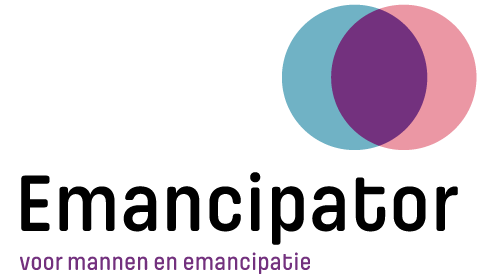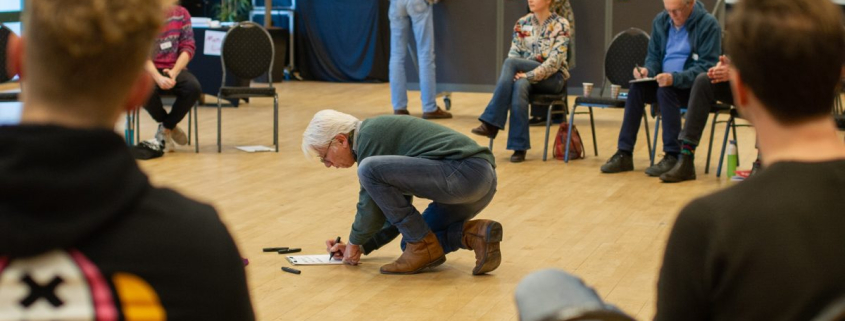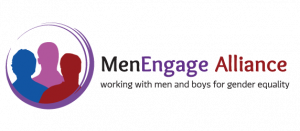Process facilitation is a transformative and feminist practice
I have wanted to write this blog for a long time, and now I am actually doing it, triggered by our Open Space meeting on 7 November. But it is about much more, it is about how we change the world not only by what we do but especially by how we do it. And that has in turn everything to do with why we do it. Be the change you wish to see in the world.
It ain’t what you do it’s the way that you do it
“Process facilitation is a gender transformative and feminist practice!” It was with this conclusion that I concluded Genuine Contact’s Working With Open Space Technology course a few years ago. And for that reason, at Emancipator, from the very beginning, we wanted not only to bring an innovative perspective but also to do so in an innovative way.
This is not the way
Recently, I was in two long meetings, one lasting four hours, the other no less than five hours. They were in fact planned as two shorter meetings in a row, but in terms of content and participants, they blended together. So in practice, we just sat in meetings for four and five hours. Without a check-in. Without a break, at least if I hadn’t asked for one at some point. We just kept buffeting along, from our heads, with all the important topics. As human beings, we got little or no attention in these meetings. “Mind-numbing, energy-draining and life-depleting,” I noted to myself.
I realised then that I really don’t want to do this anymore, that it’s not good for me, that things have to be different and can be different.
From head to heart and soul
During the training ‘Training with Heart and Soul’, I learnt that the biggest and most important part of our communication is non-verbal communication. Body language, intonation, etc determine whether and how our message comes across. It turns out that what we do is more important than what we say, which is also evident in raising children, for example. But subsequently we often revert to mainly verbal communication, words words words words, on paper, on a screen, spoken or written, but words everywhere, especially speaking to our heads. And if something goes wrong in communication, we also tend to try to solve it by saying the same thing again, but in different words, or through a different medium. What often gets overlooked is the relationship, the relationship level of ourselves with ourselves and with others. Whereas that is where everything happens that determines how we interact with each other and how we shape the world together.
Transforming masculinity
The way we meet, conference, collaborate, talk to each other, etc – all of these things are important for the change we want to see in the world. It is not right to do all these things in patriarchal ways while trying to dismantle patriarchy. We must be wary of reproducing traditionally masculine ways of working while trying to question and transform traditional masculinity.
Old politics
Meetings with ‘talking heads’ and ‘power-to-the-point’ are old politics. Sometimes we need that, to be taken seriously, because we do not yet know how to make our points in a different way, or because that is what we are all used to. But even when we give the stage to ‘unusual suspects’ and give space to a different perspective than usual, the underlying process is often actually old wine in new bottles.
Imagine change
By choosing as organisers who gets the stage, who does a presentation, who sits on a panel, who gives a workshop, etc., we determine what and who is, or should be found, important. But what happens if we leave it to the visitors and participants themselves? If they can decide what is on the agenda, if they can choose what they want to spend their time and attention on and what contribution they are willing and able to make?
Why, what, how
To me, this is about several things at the same time. It is about the message; for us the message of men’s emancipation, men’s contribution to women’s emancipation and what men themselves stand to gain from this. And it is about the organisation of meetings, process design, the design, how do we organise it, what choices do we make, and to what extent do we break old patterns in doing so? And it is about the way of meeting and working together, the process guidance, process facilitation, facilitating human interaction.
The entire human being
A good gathering appeals to many different people, addressing people in their completeness as human beings. We are not just head, we are heart, belly, hands, feet. We are mind, feelings, body, inspiration. We have different learning styles, and we need them all. Analysis, experience, reflection, being taken by the hand. We are rational, creative, visual, auditory, sensitive, spiritual. We have a left brain and a right brain. You could also say, we have a masculine and a feminine side. But in the end, we are mostly human, with everything what that means. We want to be perceived, addressed, engaged as human beings. We need our human potential to create good solutions to complex issues. The problems that have come from too much masculinity, too much ratio, too much abstraction, too much theory, cannot be solved by even more masculinity, even more ratio, even more abstraction, even more theory. If you continue to do what you always did, you will get what you always got. A problem can never be solved at the same level of consciousness that created it.
You may say I’m a dreamer…
At Emancipator we always start our meetings with checking in: how are you right now? What do you take with you from what you have experienced before, what is perhaps already occupying your mind from what is to come, what would be nice to share in order to be really present in the here and now? Then we try to communicate creatively, alternately, interactively with each other, pay attention to the process, use different work formats, incorporate sufficient breaks, alternate plenary work with duos and/or small groups, and take signals from participants seriously. If one person needs to go to the toilet, or is distracted, or tired, that usually applies to more people. Within Genuine Contact, this approach is called ‘Whole Person Process Facilitation’.
Of course, this is not perfect; it is a road of ups and downs, of trial and error, of compromising. What is clear, however, is that it is the way to go for us, the way to go if we really want to change things. If we want to put people above things, if we value relationships over performance, if we believe that a good process ultimately leads to a better outcome.
7 November 2023 Open Space
On 7 November 2023, we will organise an Open Space meeting in Amsterdam Zuidoost: More Care For Less Violence: Men More Human In 2024. Open Space provides the most equal space for participants to interact, learn and develop with and from each other. Even the meeting agenda is filled in by participants themselves. There are no stages, no lectures, no talking heads, no power to the point. What there is: lots of meeting, interaction, inspiration, participation. Of course, as an organisation, we do choose a theme as a framework for the meeting, thus providing direction. And we choose who we invite, thus determining the possible interpretations. By the way, we also did that together with others, at two meetings for stakeholders and interested parties who wanted to contribute to what it will all look like.
You are all welcome to further invite who you would like to be there. And to put your angle, perspective, topic, target group, method, question, insight, idea or whatever on the agenda!
Want to know more about Open Space?
On 6 November, the evening before the Open Space meeting, you’ll be given the change to delve into the Whole Person Process Facilitation (WPPF) and Open Space Technology. We will give a short presentation on these working methods and jointly set up the space for the meeting on 7 November. Together, we will set the tone for an inspiring day afterwards. Because how the space looks and feels is, of course, also of great importance for how the participants will feel and move in it and interact with each other. This is your chance to learn a bit more, meet others, and contribute practically to the organisation and success of this meeting. If you enjoy contributing practically to the organisation of this meeting, you are also welcome. Who you want to take part? You can register here.
By the way, next year we will organise another Open Space meeting, and we would like to bring more people along in its preparation. You can let us know right now if you’re interested, but it will also definitely come up again in our newsletter and social media!
On 6 November, the evening looks like this:
18.00 Reception and dinner at NoLimit!
18.30 Physically setting up the room
19.00 Explanation WPPF and Open Space
19.30 Setting room ambiance
21.30 End





